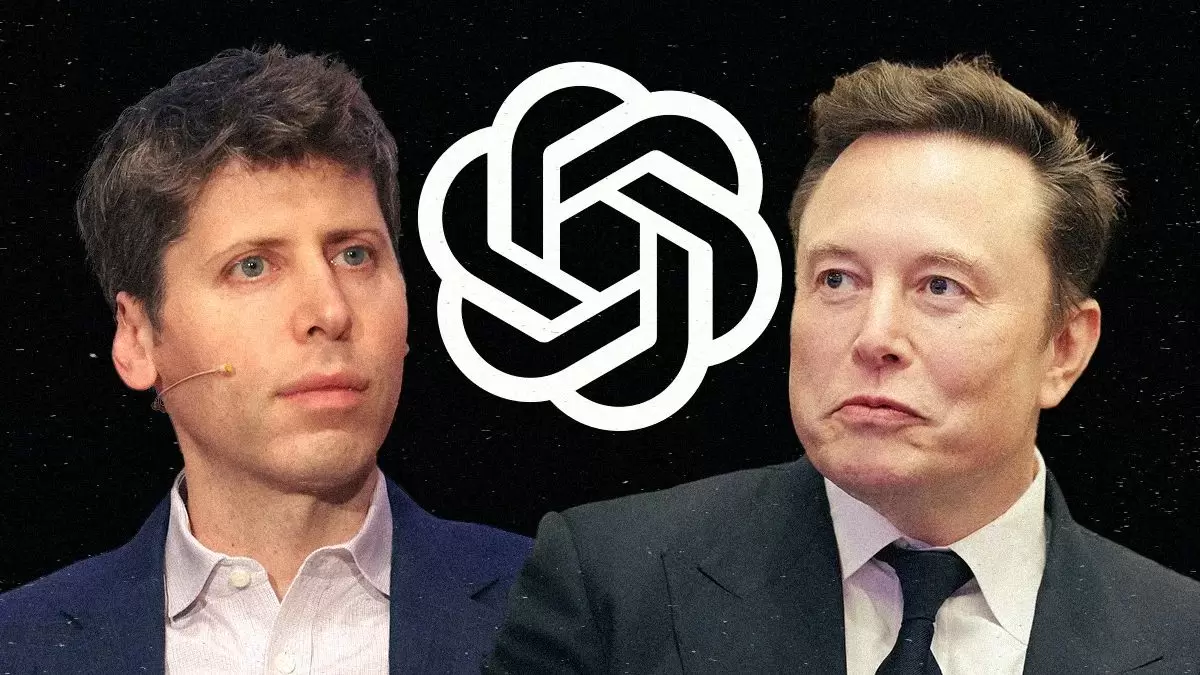New Delhi: OpenAI board members have formally rejected Elon Musk’s massive $97.4 billion takeover bid for the company. Board chair Bret Taylor made it clear: OpenAI is not up for sale, and Musk’s offer was considered a bid to disrupt the competition.
Why Musk Made the Bid
Musk, along with a group of investors, wanted to buy OpenAI’s non-profit assets. His goal? To bring OpenAI back to its original mission, keeping AI open-source and focused on safety.
Why Did OpenAI Say No?
The board had a few key reasons for rejecting Musk’s offer:
OpenAI regards Musk as a rival trying to hold them back. Even their global affairs leader, Chris Lehane, resorted to boasting that Musk’s company “struggled to keep up” with what OpenAI is achieving. Shift Toward For-Profit, OpenAI has begun to become increasingly for-profit in orientation, a shift Musk has objections to. But CEO Sam Altman states that it’s crucial to growing. Elon Musk has had an acrimonious history with OpenAI. He sued them, dismissed the case, and then refiled it, claiming the company now focuses more on profit than the public interest. OpenAI counters that Musk is just bitter because Tesla could have bought the company years ago.
Musk’s History with OpenAI:
Musk co-founded OpenAI in 2015 and had invested $45 million initially. He left it in 2018 after falling out with Tesla, which too was investing in AI. He started his own AI firm, xAI, in 2023 to compete with OpenAI.
What Happens Next?
The battle between Musk and OpenAI is alive, especially on the company’s direction. OpenAI is moving forward with restructuring plans, aiming to give its non-profit parent a stake in its for-profit arm. Altman responded quickly to Musk’s offer, calling it a bid to slow down OpenAI, he even suggested that Musk might be acting from a place of insecurity. For the time being, OpenAI is not caving, and this technology war is far from over.





